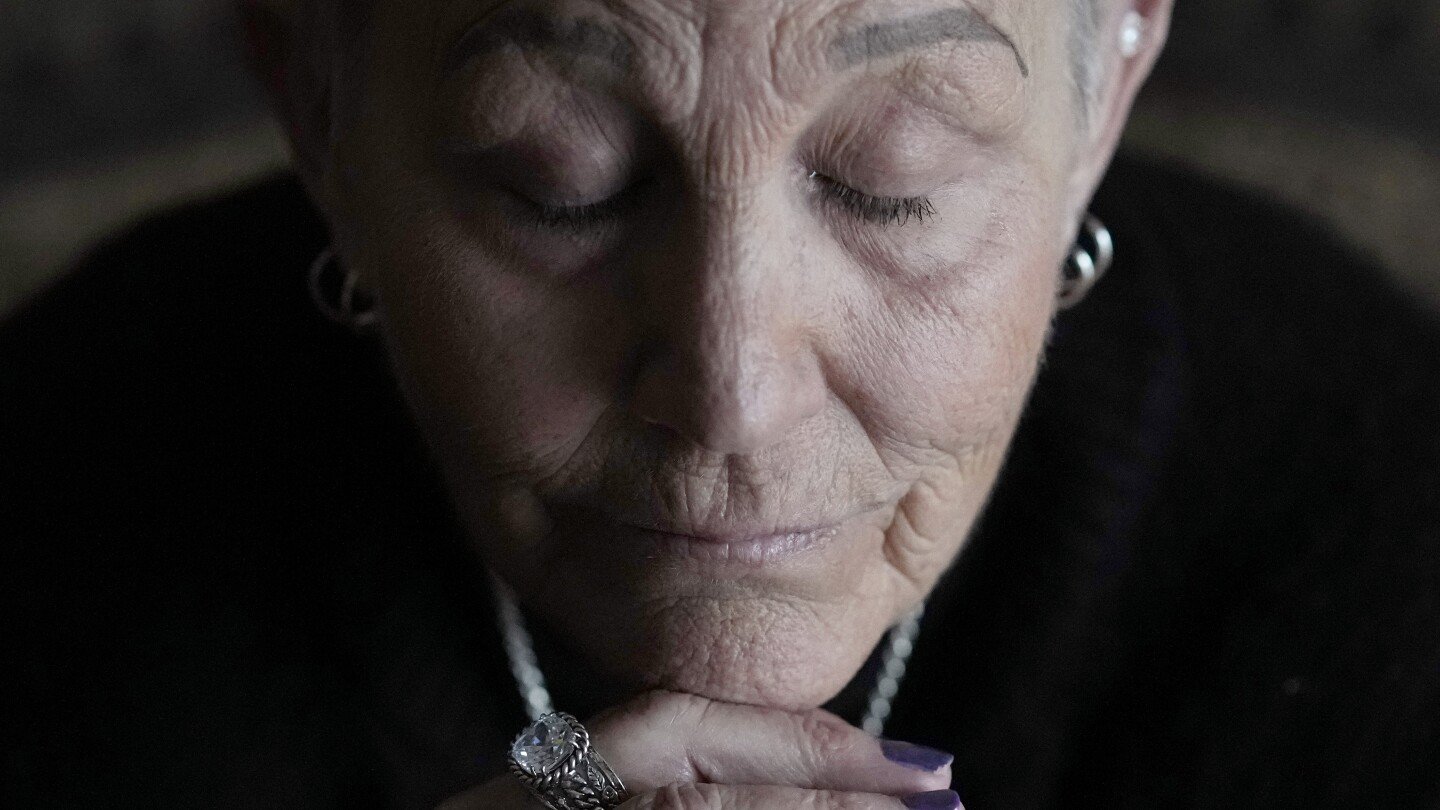On a brisk day at a restaurant outside Chicago, Deb Robertson sat with her teenage grandson to talk about her death.
She’ll probably miss his high school graduation. She declined the extended warranty on her car. Sometimes she wonders who will be at her funeral.
Those things don’t frighten her much. The 65-year-old didn’t cry when she learned two months ago that the cancerous tumors in her liver were spreading, portending a tormented death.
But later, she received a call. A bill moving through the Illinois Legislature to allow certain terminally ill patients to end their own lives with a doctor’s help had made progress.
Then she cried.
“Medical-aid in dying is not me choosing to die,” she says she told her 17-year-old grandson. “I am going to die. But it is my way of having a little bit more control over what it looks like in the end.”
That same conversation is happening beside hospital beds and around dinner tables across the country, as Americans who are nearing life’s end negotiate the terms with themselves, their families and, now, state lawmakers.



So what you are saying is that we need some of those suicide booths that they had in Futarama.
You bring up a good point that it would be hard to find many doctors or medical professionals willing to focus their careers on euthanasia, as it goes against their oaths.
I would love a Futurama world.
The “oath” isn’t legally binding. They should help those that are suffering no matter the expected end result.
The “Oath” isn’t why they can’t go around assisting in suicides. It’s because they will literally go to jail in the same way as a murderer
Are you not old enough to remember Jack Kevorkian?